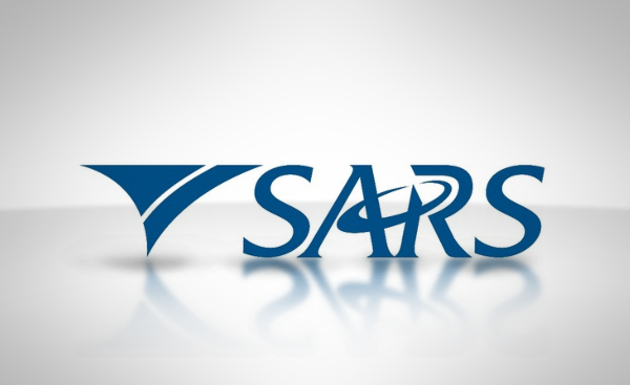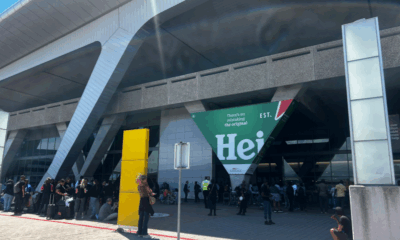Business
SARS Cracks Down On Wealthy South Africans Leaving The Country

South Africa’s tax authority is turning up the heat on high-income earners heading for the exit. With more wealthy citizens packing their bags for destinations abroad, the South African Revenue Service (SARS) is making sure they don’t leave their tax obligations behind.
According to the 2025 Henley Private Wealth Migration Report, about 250 dollar-millionaires are expected to emigrate this year. But while migration continues, fewer are taking the crucial legal step of formally ending their South African tax residency.
The Price Of Ignoring SARS
Tax experts warn that failing to officially cut tax ties could be a costly mistake. Tax Consulting SA says many high-net-worth individuals assume that leaving the country automatically ends their tax obligations but that’s not the case.
“If you don’t formally cease your tax residency, you remain liable for South African tax on your worldwide income, regardless of where you live,” the firm cautioned.
That means your offshore income, rental earnings, or capital gains could still fall under SARS’s radar.
A Shrinking Pool, A Bigger Burden
The country’s wealthiest citizens carry an outsized share of the tax load and that’s part of why SARS is watching them so closely.
In 2024/25, taxpayers earning over R1 million per year made up just 6.7% of registered taxpayers but contributed nearly 46% of all personal income tax. By 2025/26, that burden had increased to 48.6%, paid by only 7.3% of earners.
“These figures show how heavily South Africa’s tax base depends on its wealthiest citizens,” said Tax Consulting SA. “It also explains why SARS is paying close attention to those leaving the country.”
The Numbers Tell A Story
Back in 2014, more than 4,000 high-earning taxpayers formally declared a change in their tax residency. By 2023, that number had dropped to 1,722.
At the same time, SARS’s High Wealth Individual Unit (HWIU) has identified about 2,800 South Africans with assets exceeding R50 million, collectively holding around R150 billion offshore.
SARS Commissioner Edward Kieswetter has made it clear: the days of slipping through the cracks are over.
Inside SARS’s New Tactics
SARS is no longer relying on declarations alone. The agency has ramped up its investigations, requesting detailed information ranging from company financials to crypto transactions.
“We increasingly see SARS issuing detailed information requests,” said Tax Consulting SA. “They are casting their net wider than ever before.”
This means that anyone planning to work, live, or retire abroad needs to be far more strategic about how they manage their tax affairs.
How To Stay Compliant When Moving Abroad
Leaving South Africa doesn’t mean you can simply walk away from your tax file. There are several legal routes to reduce exposure or formally exit the system but each comes with strict conditions.
The Foreign Employment Exemption
The Section 10(1)(o)(ii) exemption allows qualifying South African employees working abroad to avoid double taxation but only if they spend 183 days outside the country within a 12-month period, including 60 consecutive days. Contractors and freelancers do not qualify.
Ceasing Tax Residency
For those planning a permanent move, ceasing tax residency entirely is the more definitive step. This requires proving that you are no longer “ordinarily resident” in South Africa. Once approved, SARS will only tax income earned locally, such as from South African rental properties.
Double Taxation Agreements (DTAs)
South Africa has DTAs with many countries, offering relief to individuals who live abroad temporarily. However, these agreements require a formal application to SARS they don’t automatically apply.
Planning Ahead Is Essential
With global mobility rising and local enforcement tightening, South Africans leaving the country need to plan carefully before they go. The message from SARS is clear: if you don’t sort out your tax status, they’ll do it for you and it might not go in your favour.
Professional advice, transparent declarations, and proper timing can make all the difference between a smooth financial transition and a costly audit.
For high earners, the border is no longer the finish line it’s just another checkpoint.
{Source:Business Tech}
Follow Joburg ETC on Facebook, Twitter , TikTok and Instagram
For more News in Johannesburg, visit joburgetc.com



























